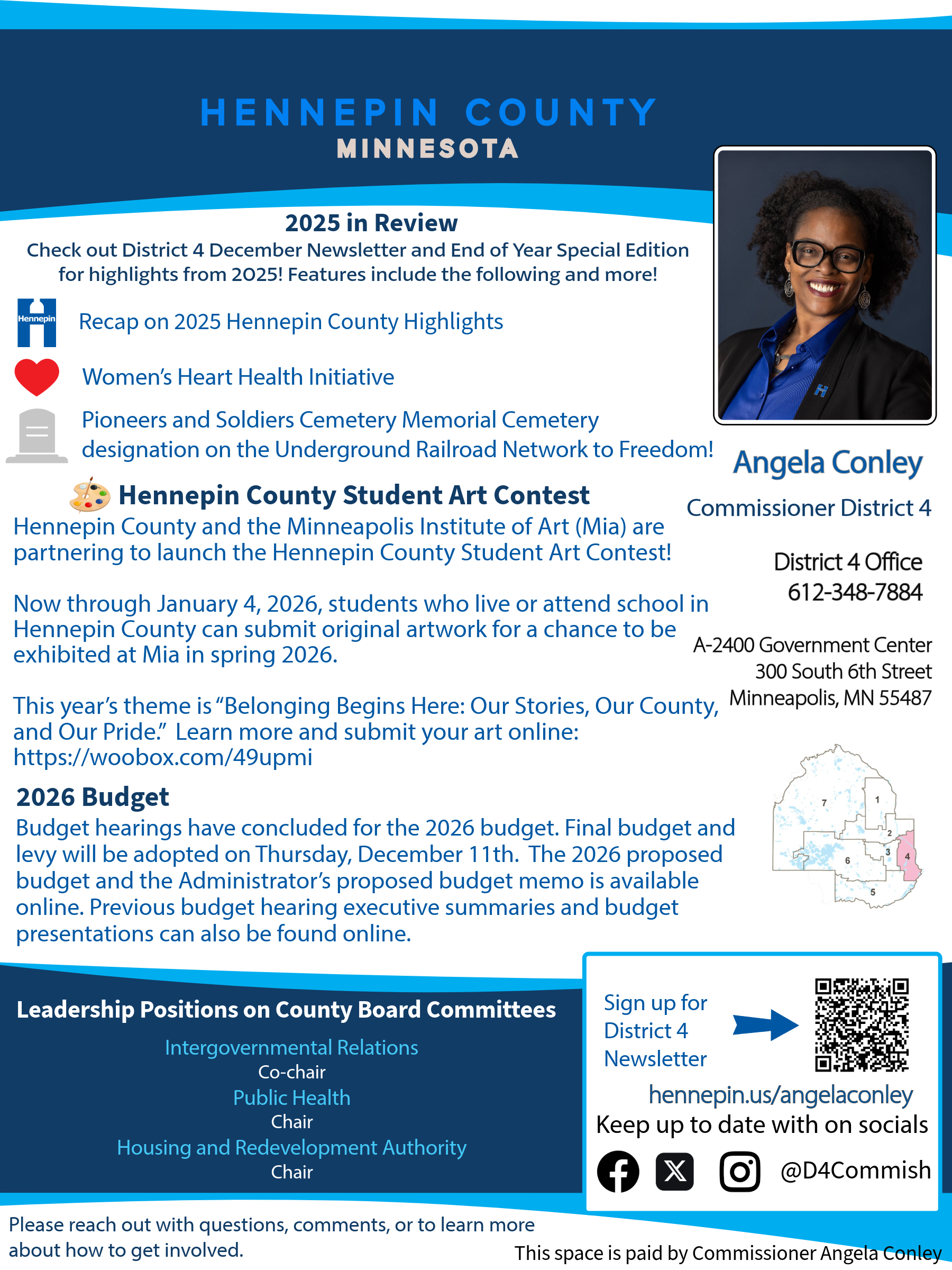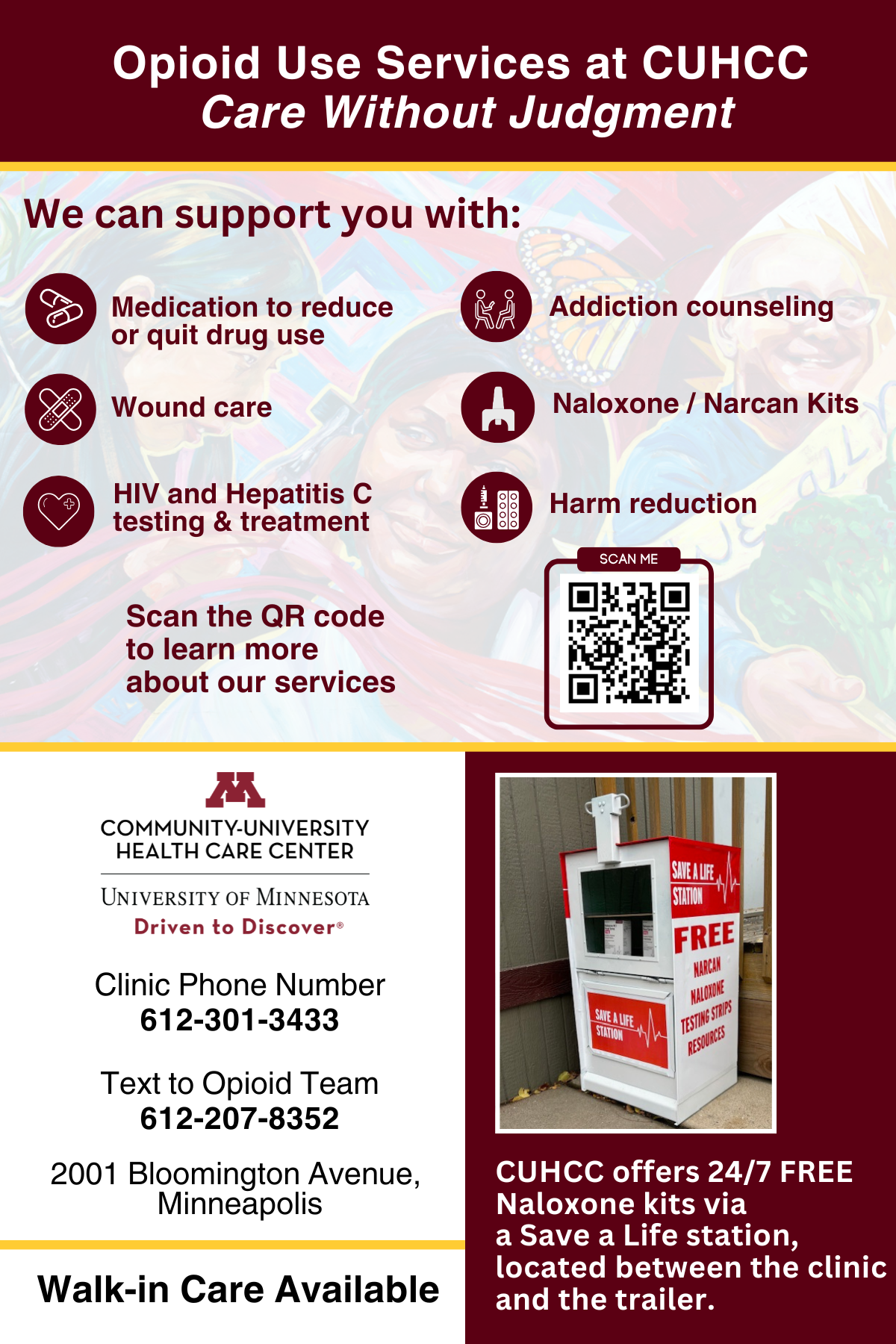By MARY ELLEN KALUZA
I understand. Having a “budget” sounds restrictive, like a punishment. What if we call it something else, like a “spending plan”? Does that seem more palatable?
Planning the money you have coming in and going out is really all about being in control. YOU are choosing where your hard-earned dollars are going, not the estimated 6000 to 10,000 advertisements we see each day! (That’s double what it was in 2007, by the way.) With that much pressure on us, it takes some effort to keep that control.

Where to start?
- Know how much money is coming in. This is the net income ”“ after taxes and other deductions. You’d be surprised how many people don’t know that number. (Frequently, they also carry expensive credit card debt.)
- Subtract your Must Pay expenses ”“ housing, utilities, loan payments, insurance ”“ think of those things that will result in something bad happening if you didn’t pay them.
- Subtract your Must Save For periodic expenses ”“ car repair/maintenance, home repair/maintenance, taxes not subtracted from income, medical bills, emergencies, etc.
- What is left? This is where the hard decisions come in – what do you need and what do you want. We need food and clothing. But how much food and clothing? And what kind of food and clothing? You may need a car, but what kind of car? Do you need a bigger screen TV? You get the idea.
How to manage it?
- Divide it up into piles. Set up automatic deposits or transfers to the piles (aka accounts).
- Your Must Pays go into a separate checking or savings account, or on a special debit card. This card stays at home, by the way.
- Your Must Saves go into a separate savings account. (Calculate annual amounts and divide by 12 ”“ this is your monthly deposit to that savings account.)
- Some of the remaining amount can be made into sub-piles, if desired. Want a vacation, for example? Save for it in its own account or hidden jar. Love to buy gifts for birthdays and holidays ”“ save for it.
- Finally, what is left after setting aside for the above is what you get to spend ”“ this is it’s own special account or card. That’s it. No stealing from the other piles. (Except the vacation one, but you’re only hurting yourself if you do.)
Once you set up this system and your income is set up on automatic deposits to your respective accounts, your spending plan pretty much runs itself. Most credit unions and some banks offer multiple accounts at no extra charge. And, you can name them! You’ll need to revisit your plan when there are major changes in income or the Must Pay/Save items.
For a small investment of time YOU are in charge of your money. Feels good, doesn’t it?
Mary Ellen Kaluza is a Certified Financial Counselor with LSS Financial Counseling which offers free counseling for budgeting, debt reduction, credit review, student loans, housing, and more. Website: www.lssfinancialcounseling.org









